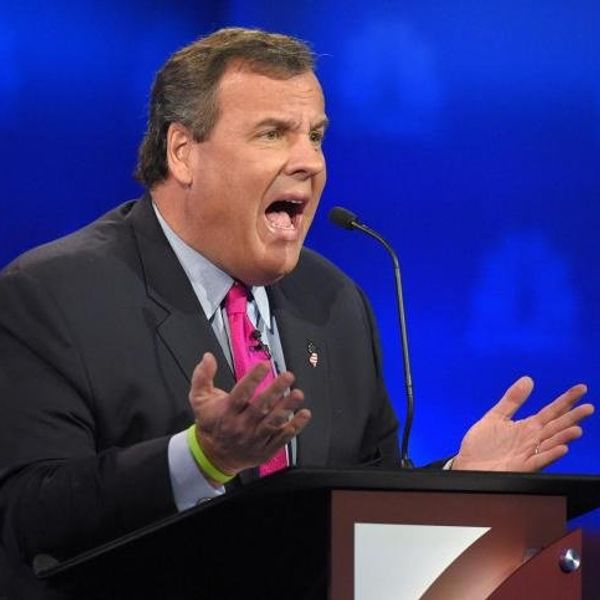On Wednesday, Sept. 16, 2015, CNN hosted 11 of the top-polling Republican presidential candidates at the second GOP debate of the year at the scenic Reagan Library in Simi Valley, California, live-streaming the entire debate on their website. The stream made the debate more accessible to young people, which ultimately facilitated a vast influx of knee-jerk social media responses to any given comment made on the air. With the laid-back, lenient style of the moderators, the stage was set for an epically notable brawl.
Some problems were clear from the start: 11 aggressive politicians sharing one stage, broadcasted to a drama-hungry, nationwide audience. Fox News’ first debate in early August separated Republican candidates into tiers of polling popularity, which to a certain extent limited the chaos of nearly one dozen presidential hopefuls fighting for camera time. From the moment the lights lowered and the cameras panned to the vast line of candidates, tension masked by practiced smiles filled the screen.
Once the line of questioning began, it became clear that a select few candidates would be given the most opportunities to speak during the debate. While candidates like Carly Fiorina, Jeb Bush, Chris Christie and Marco Rubio were constantly prompted to rebut one another, others fell into the shadows. Scott Walker, Rand Paul and Mike Huckabee acted as nearly silent outsiders, barely acknowledged by the moderators as participants of the debate.
The biggest issue with the structure of this second debate was that CNN failed to compensate their scheme of prompts to the large number of candidates on the stage. Instead of asking broad questions regarding this election’s big-ticket issues, they chose to ask extremely pinpointed, directed inquiries that aimed to spark argument among the most popular on the stage. Typically, having frontrunners or the highest trending candidates speaking the most during debates would be logical, as they are the figures most Americans want to hear from. However, in this election season, polls are changing too sporadically to name any clear leader of the pack. Including so many politicians in this debate was a mistake, as it muddled the impact of any given candidate on the overall debate and depicted some of the hopefuls on stage as completely irrelevant to the discussions. It is important to weed politicians out of the race, but if they were put on the stage, they should have been given equal opportunity to speak.
Additionally, the questions delivered by the moderators pitted leading candidates against one other. Instead of producing prompts aimed to clarify the debaters’ platforms, candidates were asked to comment on the merits of other people on the stage. This dialogue ultimately crescendoed in certain now-canonized moments, such as Jeb Bush yelling at Donald Trump for insulting his Mexican-American wife and with Carly Fiorina defending her success in the business sector to the dismay of New Jersey Gov. Chris Christie. At best these dramatized clashes made the debate more entertaining rather than illuminating as to the legitimate merit of any given candidate. Therein lies the problem -- this debate served as an entertainment program rather than an informational or politically enriching discussion. If anything the debate gave voters some dramatic moments to tweet about. No candidate established their platform in any new ways but took every opportunity to slam other candidates sharing the stage. Debates like this are not only difficult to follow, but also ultimately make the entire party look disjointed.
The Republican Party needs to unify, and candidates running must realize that if they desire a Republican in the White House in 2016, publicly bashing fellow GOP members does nothing to help to improve the chances of the party. While some argue that “no press is bad press,” at the end of the day, American voters are looking for a Presidential candidate that can work with others to execute meaningful policies and positive change. If candidates can’t even participate in a civil debate, how are voters supposed to respond? Tweets about the debate mostly verged on humor, making Jeb Bush’s comments about smoking marijuana and Donald Trump’s toned-down demeanor common trends in the content published about the debate.
Ultimately, if debates continue in this style, political platforms will fall to fighting personalities. CNN, as a money making television channel, facilitated the debate to raise ratings and viewership. While this is a logical tactic for a business-oriented news source to employ, the aftermath of the debate has shown that this program did the GOP no favors.





















